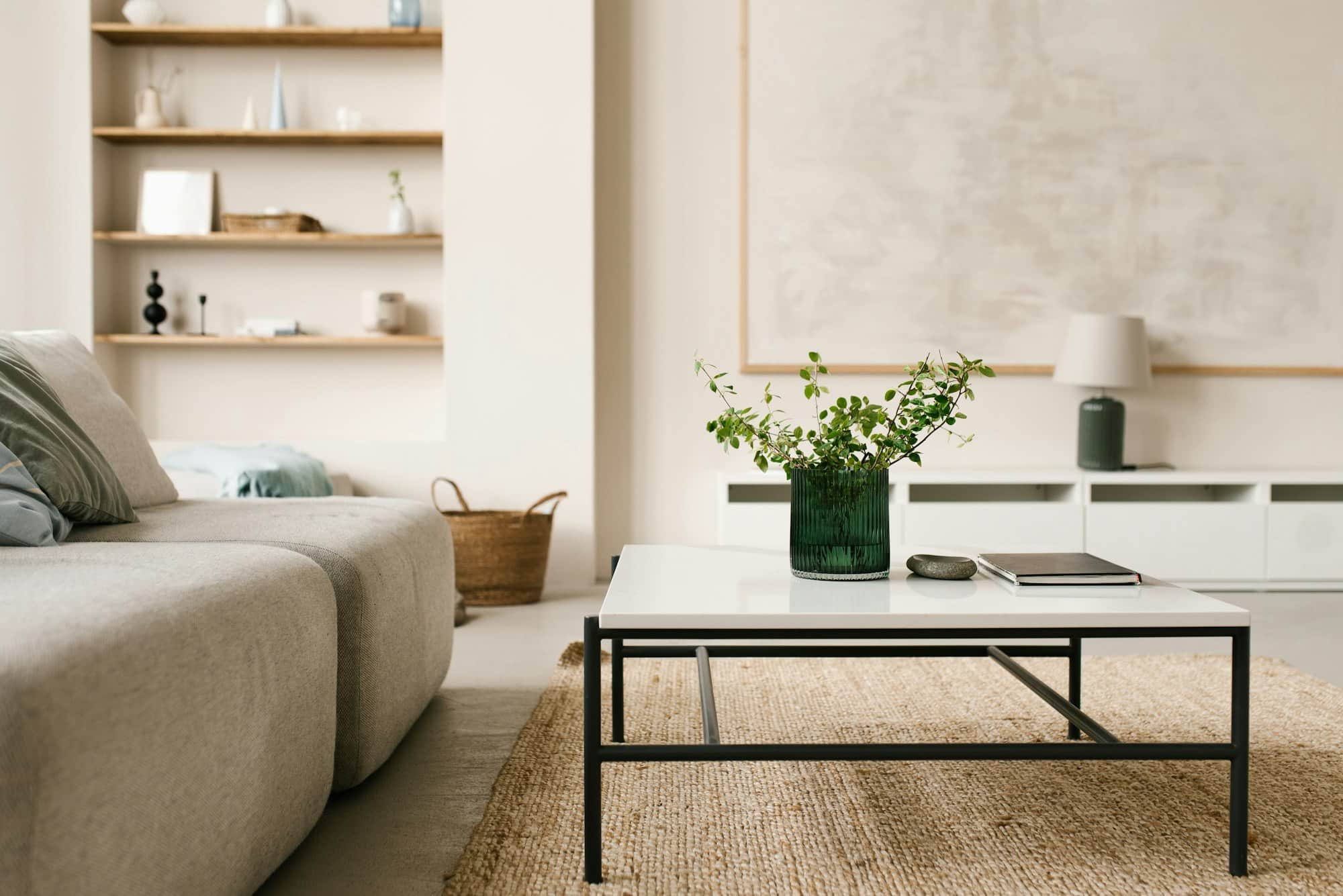What’s the Best Method for Creating a Modular Home Office for Freelancers?

In the era of freelancing and telecommuting, the concept of a home office has become a crucial element in the lives of professionals. It is of vital importance that your workspace fosters productivity and comfort while also serving as a testament to your personal style and professional ethos. However, with the plethora of options available and multifarious considerations such as space, design, and furniture, creating a home office can become a daunting task. This article aims at demystifying the process and bringing you the best method to create a modular home office.
1. Assessing Your Needs and Defining Your Space
An integral part of establishing a home office is determining what you will require from your workspace. As freelancers, your workspace could range from a dedicated room to a corner in the living room. The first step here is to identify an area in your home that can serve as your office. This designated space should ideally be away from distractions and have a good inflow of natural light.
A découvrir également : How to Plan a Sustainable and Organic Vegetable Patch for Year-Round Harvesting?
If you are limited by space, consider using multipurpose furniture or prefab options that can be quickly assembled and disassembled. For example, a desk which can be folded up against the wall when not in use. This way, not only do you save space, but also create flexibility in your home design.
Remember, a well-defined workspace will not only help you stay organized and increase your productivity, but can also allow for potential tax deductions for home office expenses with the IRS.
Dans le meme genre : How Can You Optimize Kitchen Storage with Clever Cabinet Organizers?
2. Selecting Appropriate Furniture
Now that you have defined your workspace, the next step is to equip it with furniture that aligns with your work requirements and personal style. A desk and a chair are the fundamental elements of any office, home or otherwise. When choosing these, comfort and ergonomics should be your primary considerations.
For freelancers who spend long periods working at their desk, ergonomically designed chairs and adjustable tables can help prevent body strain. Furthermore, investing in storage solutions like shelves, cabinets or filing systems will help keep your workspace tidy and organized, enhancing your overall productivity.
Remember, the key is to strike a balance between functionality and style. Your home office should not only cater to your work needs, but also reflect your personal style and blend seamlessly with your home’s decor.
3. Incorporating Optimal Lighting and Acoustics
The effect of lighting and acoustics on productivity is often underestimated. Adequate lighting, both natural and artificial, is crucial for avoiding eye strain and maintaining energy levels throughout the day.
Consider the placement of your desk in relation to windows. Natural daylight is the best source of light; it enhances mood, reduces fatigue, and improves performance. However, you will still need task lighting for working in the evenings or on cloudy days. Integrated desk lamps or overhead lights with adjustable brightness can be good options.
On the other hand, acoustics play a pivotal role in maintaining focus and concentration. If your workspace is located in a noisy environment, consider incorporating noise-cancelling solutions, such as acoustic panels or white noise machines.
4. Tax Deductions and the IRS
As freelancers, you may be eligible for tax deductions on your home office expenses. The IRS allows deductions for the business use of your home, but there are some specific rules you need to follow.
Firstly, you must use part of your home for your trade or business regularly and exclusively. The area of your home dedicated to your business is calculated as a percentage of your total home’s square footage.
The expenses you can deduct include mortgage interest, rent, insurance, utilities, and depreciation. However, the home office deduction is available only to those who itemize their deductions.
To get these deductions, ensure you maintain accurate records of your expenses throughout the year. These can include receipts, bills, and other documentations that can validate your claims.
5. Maintaining Your Productivity
After setting up your home office, it’s crucial to maintain an environment that encourages productivity. Establish a routine that delineates your work hours and relaxation time. Resist the temptation to work from the couch or bed, and make it a point to sit at your desk during work hours.
Incorporating elements of nature, like plants, into your workspace can improve air quality and reduce stress. Moreover, keeping your workspace clean and clutter-free will make you feel more organized and thereby increase your productivity.
Remember, the best home office is the one that works for you. It should be a place where you feel comfortable, focused, and inspired. Now go forth, apply these principles, and create the perfect modular home office that will catapult your freelance career to new heights.
6. Technology Integration for a Efficient Workspace
In the modern home office, technology plays an essential role. As a freelancer, your work is likely dependent on various tech tools, devices, and software applications. Keeping this in mind, your home office design should seamlessly integrate with the technology you use.
First and foremost, ensure reliable and high-speed internet connectivity. This is a fundamental necessity for most freelancers who spend their workdays online. A sturdy and reliable desk that can hold your computer, keyboard, and other tech gadgets is crucial. Don’t forget about cable management. An office space cluttered with cables can be distracting, not to mention a safety hazard. Consider using cable organizers or desks with built-in cable management systems.
Ergonomics should also extend to your tech gadgets. Using a monitor at eye level, an ergonomic keyboard, and a mouse can help reduce body strain. If your work involves long hours of sitting, consider investing in a standing desk.
Backup solutions like external hard drives or cloud storage services are essential for protecting your work. Investing in quality audio equipment can also enhance your work experience, especially if your freelance business involves frequent online meetings or multimedia editing.
Remember, your home office should not only be a space where you work but also where you can solve problems, innovate, and collaborate, all of which are facilitated by modern technology.
7. Conclusion: Creating Your Ideal Home Office
Creating a modular home office as a freelancer may seem challenging, but with careful planning and consideration, it’s entirely achievable. Begin by understanding your space limitations and requirements, followed by selecting suitable furniture and integrating optimal lighting and acoustics. Don’t forget to consider the technological requirements and how to seamlessly incorporate this aspect into your workspace.
It’s also important to remember the potential tax deductions that come with having a dedicated home office. Keep accurate records of your office-related expenses throughout the tax year for a stress-free tax filing experience. Lastly, maintaining your productivity in your home office is an ongoing process. Regularly reassess your setup and make changes as required to ensure it always serves your needs.
The key takeaway here is that your home office should be a space that caters to your work needs, reflects your personal style, and blends seamlessly with your home’s decor. Remember, the best home office is one that works for you. Whether it’s one corner of your living room or a dedicated room, your office space should foster productivity, creativity, and peace. After all, a good office setup can truly revolutionize your freelance business and pave the way for a successful career. Happy working from home!
